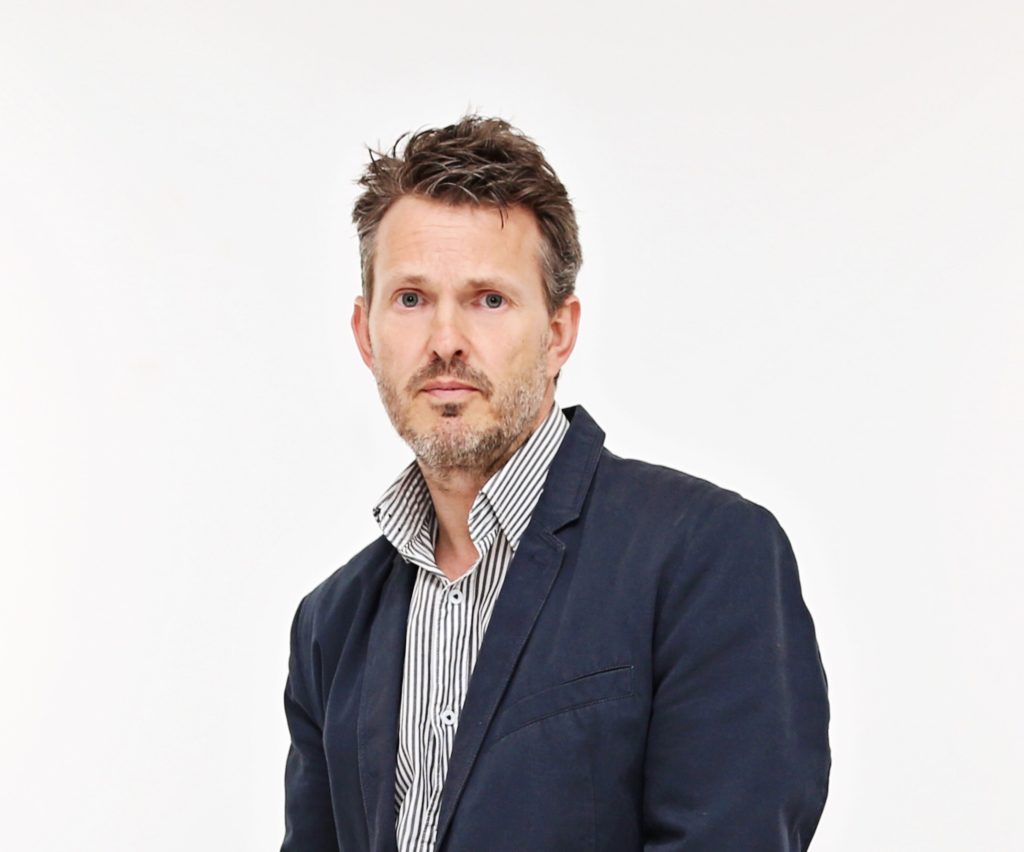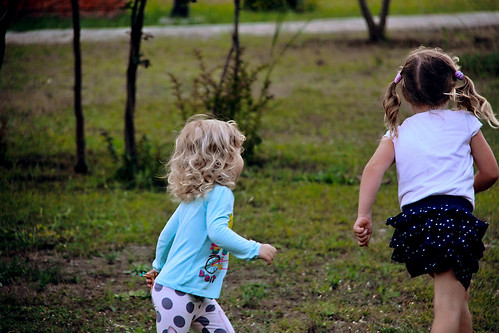My five-year-old doesn’t remember life before the first lockdown (March 2020) and my 10-year-old is learning and adapting daily. Which is why I’m so grateful to be sharing this guest post today.
How to help our younger generations adapt to our ever-changing world by Sid Madge of Meee
Change is constant and the sooner we all accept that and become good at change the happier we will be. I’m a great believer in instant change, little ‘micro-moments’ of learning or adaptation that allow us to actively take charge of our situation and emotions in the moment, reset and bring more of our best to help ourselves and others. These micro-shifts are particularly useful for children who can find change especially challenging. Each micro-moment intervention is designed to be actionable in a minute and I’ve written three books on these micro-moments for life, work and family.
Here are a few tips for coping with change and build resilience, in just a few minutes a day.
Get outside
We are incredibly lucky to have the wonderful National Health Service, but we also have the Natural Health Service which is similarly worth shouting about. Change, even positive change can cause disruption and elevated stress. And that stress can cause havoc to our health and mental wellbeing.
A great way to reduce stress levels in children and adults is to get into nature. Pay attention to the sounds and smells and simply enjoy some quiet time.
When children are stressed or struggling with change this type of activity can be a great way to encourage discussion. Sometimes it can be hard to talk face-to-face – it feels too direct. But talking shoulder-to-shoulder while they are doing something else like walking in nature often makes it easier to open-up and share what they are feeling.
Celebrate Failure
Change is by definition a move from the comfortable to the uncomfortable. That also includes failure. Everyone failed their way to riding a bike: there is always failure first, a drop of anxiety, questionable balance and a few bumps and bruises along the way.
Next time you need to encourage children to embrace change remind them of the need for failure. As Elizabeth Spiegel, once said: “losing is something you do, not something you are”. Failure is not something to be avoided but welcomed with open arms. Failure means progress. There will be days that they stuff up. Times when they feel they are getting worse rather than better. That’s OK. Just encourage them to keep going. And go easy on the expectations. No one goes from can’t ride a bike to Olympic Gold medallist in BMX in a fortnight! Always encourage children to stop expecting immediate perfection and focus instead on consistent effort. This attitude will always help children to unlock the valuable assets that failure provides because it helps them to improve.
The Basics
Taking care of the basics means eating healthy food, drinking plenty of water and moving physically. These pillars are important all the time for all of us but especially so during change.
Encourage children to make healthier choices around what they eat. A really easy swap that can make a huge difference is to swap fizzy drinks for water. Fresh fruit instead of sweets or crisps. Exercise also results in almost immediate improvements to mood and energy levels. Moderate exercise – even just five or ten minutes of brisk walking – can have a significant positive effect and help us deal with change. This is also true for children. One study even found that following a ten-minute walk, the walker still felt significantly better two hours later.
Encourage children in the middle of change to get active. For example, dance around their bedroom to their favourite music for a few minutes.
It’s even been proven that standing in the Superman pose—feet apart, hands on hips, chin up in a heroic stare into the middle distance (billowing cape optional)—for as little as two minutes can reduce the hormone responsible for high stress by 25% while increasing the confidence hormone by 20%. Hunched over your phone has the opposite effect with two minutes causing a 10% reduction in the confidence hormone and a 15% increase in the stress hormone. Worth knowing for all of us considering how much time we spend hunched over our phones.
Next time you meet a child needing a confidence boost get them to engage in two minutes of Superman pose. They may feel like a complete idiot, but it will do wonders for their health and wellbeing.
Employ the 3Ps
In his research, Professor Martin Seligman found that pessimistic people tend to explain life to themselves using the “3Ps”. Essentially, pessimists always meet the inevitable challenges in their life as personal, permanent, and pervasive. In other words, when things get tough (and they get tough at times for all of us) they will assume the problem is a personal failing on their part, they will believe that it is permanent and will never improve and that the problem in one part of their life will automatically pollute other parts. This is clearly nonsense: a missed bus or a failed exam does not mean the end of the world or that the person is now going to get sick or fall out with a friend.
Try the opposite approach for learned optimism. Next time a child you know is struggling, talk them through the 3Ps. Instead of assuming the challenge is personal or somehow their fault, encourage them to see it as something outside their control. Next, help them to appreciate that whatever it is, it’s short term, and finally it is not going to mess up anything else. So not personal, not permanent and not pervasive.
There is clear a balance to be struck here. A failed exam may be down to lack of effort, so it’s important to run through the 3Ps while asking questions about what they could have changed to create a different outcome.
Reduce Social Media exposure
It’s important that children get enough sleep. Sleep is when the body repairs and grows, so without good quality sleep all the stresses of change can be amplified.
There are now countless studies into the negative impact of social media and too much screen time prior to bed.
Encourage children to get rid of social media – even for a few hours a night before they plan to go to sleep. Nothing helpful will ever come from checking Facebook, YouTube or TikTok before bed. It is also better for their phone to charge in another room. The light and notifications, even if on silent interrupt sleep patterns.
Ask them to see how that feels. If it feels good (and it usually does) encourage a complete social media detox for a day or maybe even a week. Start small and have them notice if they feel better.
Encourage and reward the right attributes
We live in a very materialistic world. Success is often assumed to mean money. This in itself can create stress for kids. Esther Wojcicki, mother of three talented daughters and author of the book How to Raise Successful People has a few ideas. Instead of focusing purely on success and achievement, her advice highlights the unsung values we should be passing on children, like trust, respect and independence.
She talks of the importance of giving children control over their own lives by making choices. But not a free-for-all. Set limits: “Is it a banana or an orange that you want?” or “Do you want to paint a picture or play in the garden?”
Children can do far more than we often assume and the quicker they can appreciate that, the faster they gain confidence and learn to trust themselves. Whatever the change, even children exert some control over that. Encouraging them to take personal responsibility and working out what they can do to make things easier is a great skill for any child to learn.

ABOUT THE AUTHOR
Sid Madge is a transformation and change specialist and founder of Meee. Meee draws on the best creativity and thinking from the worlds of branding, psychology, neuroscience, education and sociology, to help people embrace change and achieve extraordinary lives.
From pupils to CEOs, we’ve helped thousands find their magic to transform themselves, their communities and their organisations. From leaders of PLCs and SMEs to parents, teachers, students, carers, the unemployed and prison inmates we help people excel.
Sid Madge is also author of the ‘Meee in Minute’ series of books which each offer 60 ways to change your life, work-, or family-life in 60 seconds.
Web: www.meee.global
Web: www.meeebooks.com
Twitter twitter.com/Meee_HQ
Facebook https://www.facebook.com/MeeeHQ/
Instagram www.instagram.com/meeehq
YouTube https://youtu.be/fISupZWZMQc
TEDx https://www.youtube.com/watch?v=bR3Cyjs62c8



